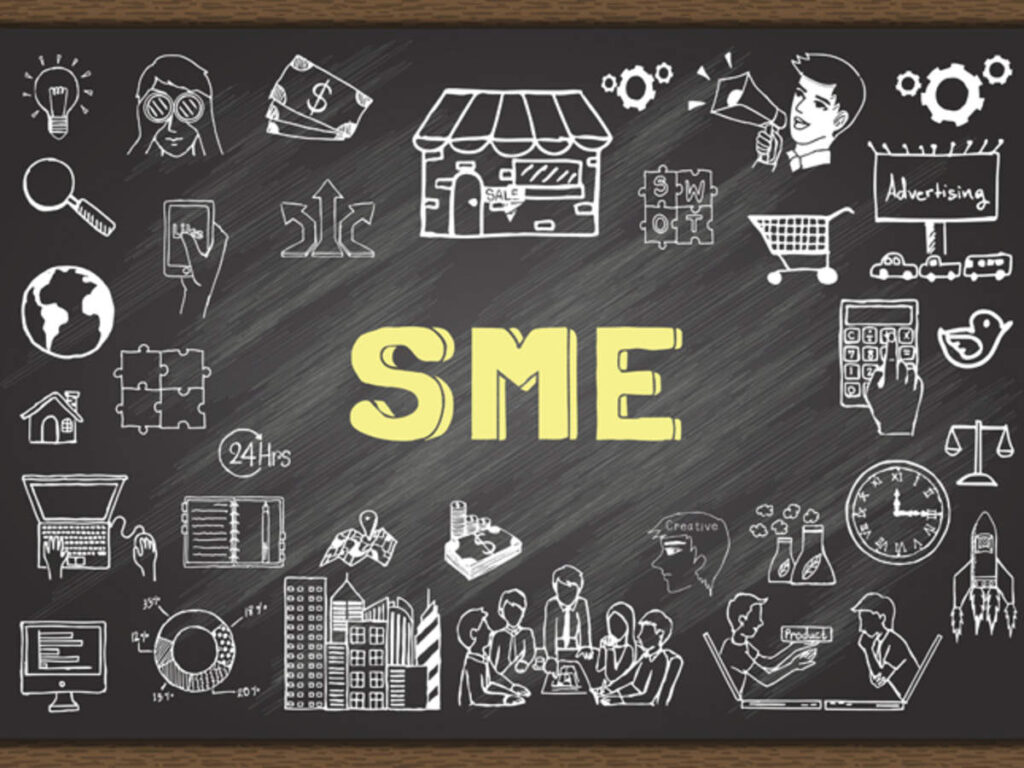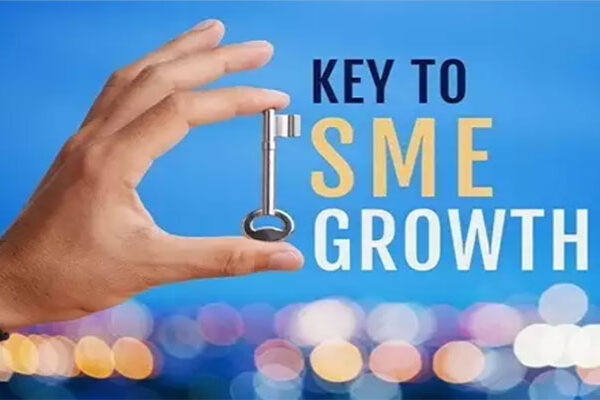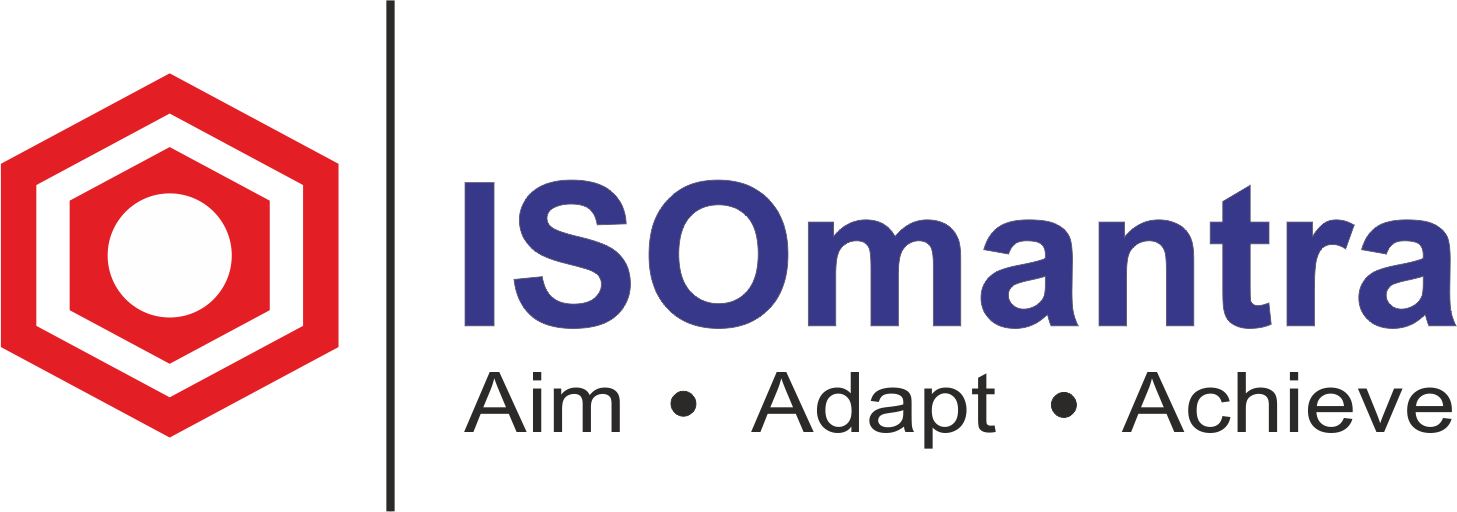About ISO 26000:2010 – Guidance on social responsibility, developed by a working group comprised of over 80 countries and international organisations, has been extremely successful due to its broad applicability. In fact, it is designed to be utilised by practically any business, no matter how large or little.

Small and medium-sized organisations (SMOs), sometimes known as limited and medium-sized enterprises (SMEs) or “micro” organisations, are businesses with fewer than 100 employees or a small amount of financial activity. The precise classification thresholds differ by country, but most SMOs are comparable due to their small size, organisational management flexibility, close engagement with the local community, and senior management’s more immediate influence on the organization’s actions.
SMOs are particularly suitable for the suggestions made in ISO 26000:2010 – Guidance on social responsibility based on these distinguishing criteria. In fact, the shared activities of these groups simplify many of the standard’s processes and considerations. For example, the text emphasises that any organisation must consider the interests of its stakeholders without prioritising their concerns over the rights of the public. Stakeholders at smaller enterprises and organisations frequently interact closely with the personnel in charge of sustainable development practises, making them easier to implement.
The final subject for social responsibility advice, community involvement and development, is likewise often easier for SMOs to achieve because they are already active in their communities prior to adopting the standard.
Finally, because they have a smaller sphere of influence and a smaller workforce to participate in the essential activities, SMOs can achieve success in socially responsible practises with greater ease than other organisations.
Nonetheless, despite their narrower sphere of influence, SMOs must work diligently to ensure socially responsible behaviour. According to ISO 26000:2010 – Guidance on social responsibility, SMOs who use the document must:
- Consider that internal management procedures, stakeholder reporting, and other processes for SMOs may be more flexible and informal than for their bigger counterparts.
- Why understand that when assessing the seven basic areas and identifying the relevant concerns, the organization’s unique context, conditions, resources, and stakeholder interests must be considered.
- We begin by focusing on the issues and implications that are most important to sustainable development.
- enlist the help of appropriate government authorities, collective organisations (such as sector associations and umbrella or peer groups), and national standards bodies.
- Act jointly with peer and sector organisations, rather than individually, if appropriate, to save resources and increase capacity for action.
The Advantages of ISO 26000 for Small and Medium-Sized Businesses
The advantages of adhering to social responsibility requirements for small and medium-sized businesses, like any other organisation, are numerous. For example, a German-based software development business employs only 40 individuals, some of whom work part-time, and it uses ISO 26000:2010 – Guidance on social responsibility to guide its actions.

ISOmantra has been able to identify areas where it can legitimately contribute to the development of society by incorporating the standard’s suggestions into its principles and practises. Because the little organisation had to first consider the rules governing the environment, society, workplace health and safety, and so on.
However, the interests of ISO 26000:2010 – Guidance on social responsibility go far beyond legal requirements, and ISOmantra identified the following issues for social responsibility: workplace human development and training, pollution prevention, sustainable resource use, education and culture, job creation and skill development, and social investment. By drawing on the standard’s guidance on these topics, the SMO has been able to make reasonable and successful contributions to society and social development, enhancing its stature in the community.
While most of the acts required for social responsibility can be carried out by an SMO, organisations with higher capacity and experience in social responsibility may consider aiding SMOs in raising awareness about issues of social responsibility and good practise.

